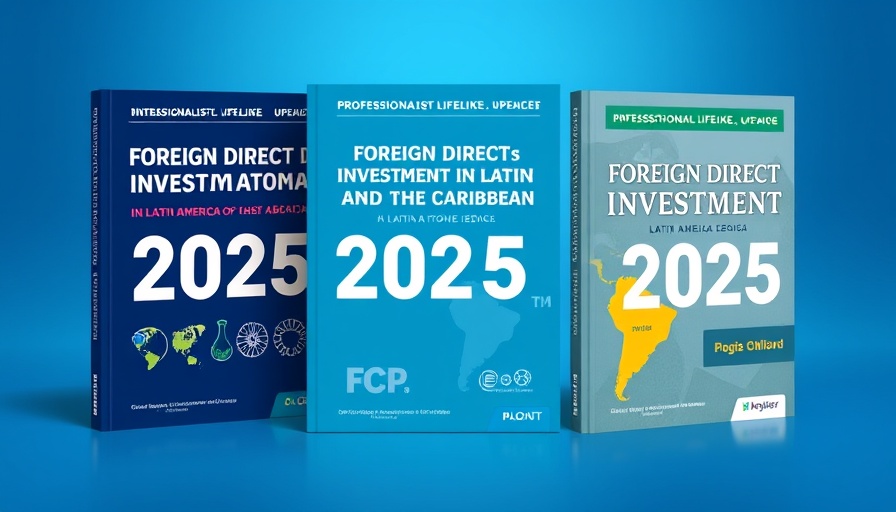
New US Travel Ban: Key Implications for Haiti and Cuba
On June 4, 2025, the White House unveiled a significant shift in US travel policy, imposing restrictions on nearly two dozen countries, including the Caribbean nations of Haiti and Cuba. Under a Proclamation signed by President Donald Trump, these actions are described as a robust effort to enhance national security and combat terrorism.
Why These Countries Were Selected
The Trump administration cited "common sense security standards" as a foundation for these new regulations, emphasizing the necessity to restrict foreign nationals who might pose a threat to the US. Particularly, Haiti faces a full entry suspension. U.S. assessments highlighted alarming visa overstay rates among Haitian nationals, with a staggering 31.38% for B1/B2 visas. Contributing factors included inadequate law enforcement and recent trends of undocumented entries from Haiti.
The Case of Cuba
Cuba, on the other hand, is assigned partial travel restrictions, with specific limits on certain visa categories such as B-1, B-2, and exchange programs. The administration pointed to Cuba's designation as a state sponsor of terrorism and its failure to provide necessary law enforcement cooperation with the US, which raises significant concerns about security and immigration procedures.
Regional Impact and Broader Implications
The travel ban not only targets Haiti and Cuba but also affects several African nations, further extending its reach across regions. This decision may heighten tensions between the US and these nations, impacting diplomatic relationships and local communities tied to immigration and travel.
What This Means for Future Relations
As the ban takes effect, many are left questioning how these policies will influence the future of US-Cuban and US-Haitian relations, both politically and socially. The sentiment among activists and community leaders emphasizes the need for cooperation and dialogue rather than isolation.
Understanding these changes is crucial for those with ties to these nations or those involved in discussions about immigration and national security. Keep informed about ongoing developments, as this situation is likely to evolve and have lasting effects.
 Add Row
Add Row  Add
Add 




Write A Comment